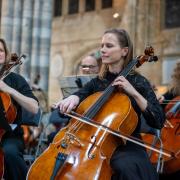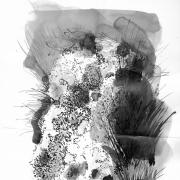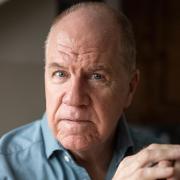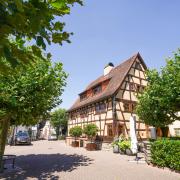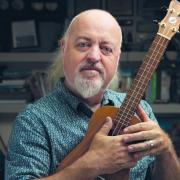PHILIP DALLING reveals how a sport which grew out of the ashes of the Second World War is still thriving under a new guise here in Devon
As war-weary Britain struggled in the late 1940s to recover from six years of conflict, the welcome injection of excitement and colour provided by speedway racing at its peak of popularity was a major factor in relieving the grey austerity of the times.
In an age when footballers’ wages were strictly limited and players travelled to the grounds by bus, and rugby, tennis and golf were amateur sports, speedway riders were the country’s best-paid sportsmen.
Post-war teenagers were keen to emulate the deeds of their leather-clad heroes. Ironically, the same war that had destroyed Britain’s economy had provided a surfeit of bombsites and other derelict land, ideal for the construction of tracks for the emerging sport of cycle speedway.
The ‘skid-kids’ of the era laid the foundation for what is today a highly organised part of Britain’s cycle sport boom, boasting well-appointed circuits and domestic and international competitions, giving people of all ages a chance to race at different levels.

The Exeter Aces club, located at the Cofton Road Wheels Centre in Marsh Barton, provides opportunities for riders from primary school age through to veterans aged well over 50. Boys and girls, men and women find a welcome at the club’s well-appointed track.
Motorcycle speedway began at the old County Ground Stadium in Exeter in 1929. After a lull during the late 1930s and during the war years, speedway returned to the city in 1947 – accompanied this time around by the first stirrings in Devon of the cycle speedway boom.
Since the late 1940s there have been no fewer than 125 cycle speedway clubs in Devon, although most had only a brief existence.
The main strongholds were in Exeter and Plymouth, where motorised speedway also flourished, and competitions included the Devon County League and the Teign and District League. Today, only the Aces survive.
In 1949 the long defunct Plymouth Pirates team attracted 6,000 spectators to their track.
Exeter Aces were formed in 1963 by the late Cecil ‘Col’ Collett, initially racing on a very basic track at Hamlin Lane, Whipton – a far cry from today’s facility at Marsh Barton, which has recently been equipped with an up-dated floodlighting system.
It is a favoured venue for British, European and World Championship events. The fast and furious sport provides exciting racing around a speedy oval race-track. Circuits are normally around 80-90 metres (87-98 yards) in size, with a shale top dressing as the track surface.
The unique bikes have a single gear with no brakes (just like motorised speedway machines), and special tyres to give grip when cornering.

The sport is now governed by British Cycling. Exeter Aces compete primarily within the South and South Wales Region, racing against clubs from Newport, Oxford, Swindon and Poole, with the opportunity to progress to national play-off finals.
Whilst league racing involves participation of an eight-rider team, comprising of the club’s best riders, the sport is able to accommodate various categories of individual and club competitions for all the age groups.
The club is striving to make the sport better known in Exeter, which lost the motor-cycle form of speedway when the County Ground was re-developed for housing.
Club official Dave Murphy explains: “People who discover cycle speedway often tell me that they never before realised the existence of this exciting and successful sporting attraction in the city.
“We have a great package to offer potential riders, with the opportunity to be part of a progressive family-orientated club”.
Andy Collett, son of the club’s founder, is the oldest-serving rider with the Aces. He first rode in 1967 and is still competing well into his sixties. Andy explains: Why do I still race? Because I can and because I have not yet found a good reason to stop!
Follow the Exeter Aces on Facebook




